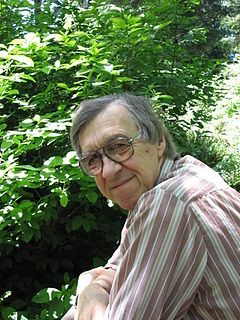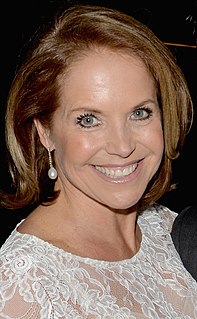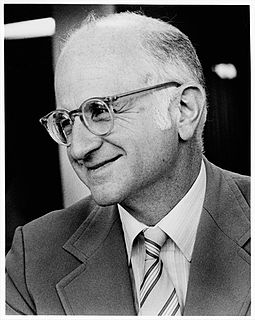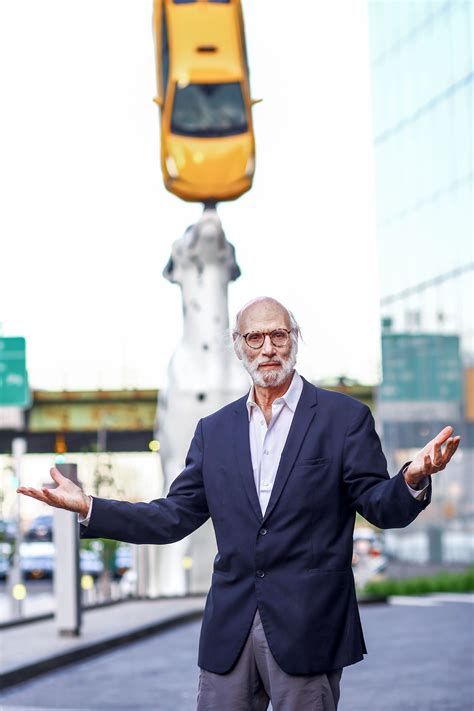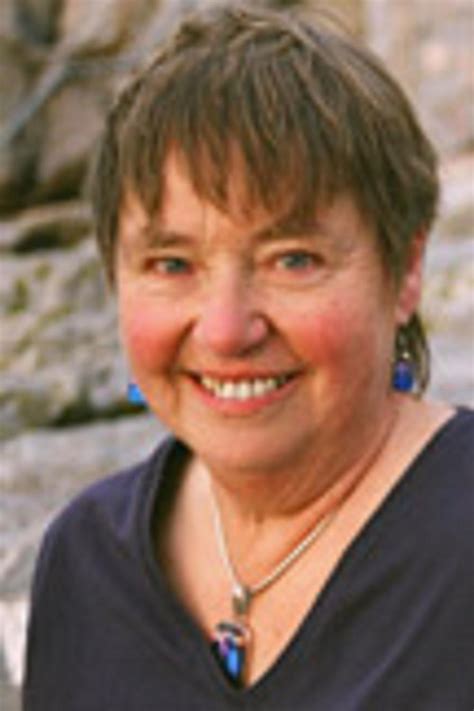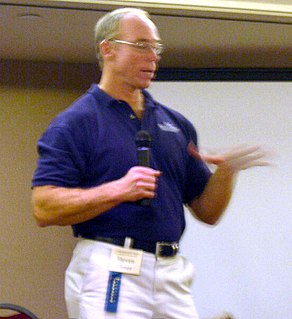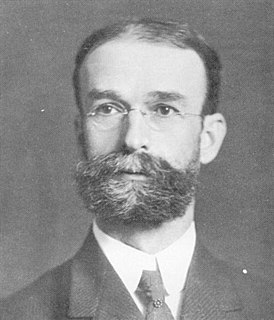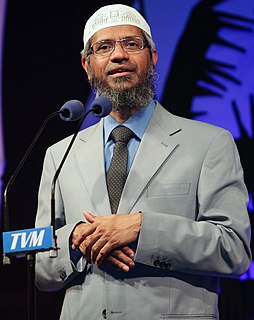A Quote by Rudolf Virchow
If we would serve science, we must extend her limits, not only as far as our own knowledge is concerned, but in the estimation of others.
Related Quotes
The Church must never be satisfied with the ranks of those whom she has reached at a certain point or say that others are fine as they are: Muslims, Hindus and so forth. The Church can never retreat comfortably to within the limits of her own environment. She is charged with universal solicitude; she must be concerned with and for one and all... We must... as the Lord says - go out ever anew 'to the highways and hedges' (Luke 14:23), to deliver God's invitation to his banquet also to those who have so far heard nothing or have not been stirred within.
To live in any true sense of the word is to reject others; to accept them, one must be able to renounce, to do oneself violence, to act against one's own nature, to weaken oneself; we conceive freedom only for ourselves - we extend it to our neighbours only at the cost of exhausting efforts; whence the precariousness of liberalism, a defiance of our instincts, a brief and miraculous success, a state of exception, at the antipodes of our deepest imperatives.
Finding a way to extend forgiveness to ourselves is one of our most essential tasks. Just as others have been caught in suffering, so have we. If we look honestly at our life, we can see the sorrows and pain that have led to our own wrongdoing. In this we can finally extend forgiveness to ourselves; we can hold the pain we have caused in compassion. Without such mercy, we will live our own life in exile.
To think that one child would go to bed hungry somewhere in this country is heartbreaking... to know how many do is virtually incomprehensible. This is not only a problem that exists in the far reaches of the globe. It happens right here in our own backyard. Together, as concerned citizens, we must do more to make sure every child's needs are met.
Confronted with such a variety most philosophers try to establish one approach to the exclusion of all others. As far as they are concerned there can only be one true way- and they want to find it. Thus normative philosophers argue that knowledge is a result of the application of certain rules, they propose rules which in their opinion constitute knowledge and reject what clashes with them.
I say: liberate yourself as far as you can, and you have done your part; for it is not given to every one to break through all limits, or, more expressively, not to everyone is that a limit which is a limit for the rest. Consequently, do not tire yourself with toiling at the limits of others; enough if you tear down yours. He who overturns one of his limits may have shown others the way and the means; the overturning of their limits remains their affair.
She began now to comprehend that he was exactly the man who, in disposition and talents, would most suit her. His understanding and temper, though unlike her own, would have answered all her wishes. It was an union that must have been to the advantage of both: by her ease and liveliness, his mind might have been softened, his manners improved; and from his judgement, information, and knowledge of the world, she must have received benefit of greater importance.

